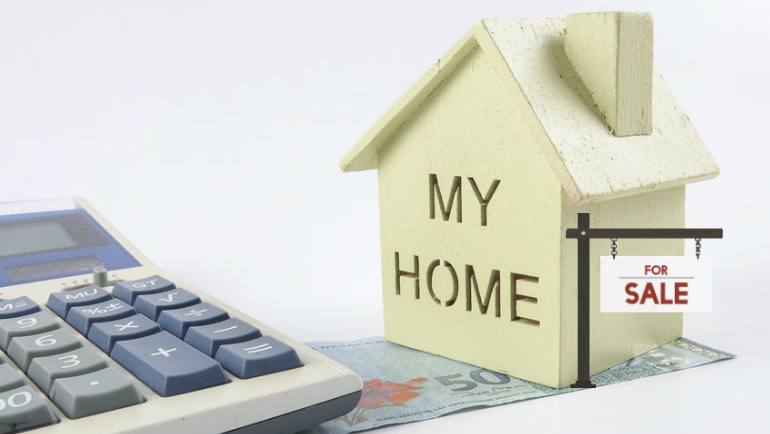Property Valuation In Malaysia: 6 Factors That Will Affect Your Home's Price
Property valuation takes into consideration a few factors such as general economic trends, location of property, conditions of general property market, general demographics, recent renovations, and the property itself.

If you have plans of selling your home in the future, you’re gonna need to find out how much your house is worth, yes?
Well, property valuation, also known as real estate appraisal, is the process of evaluating how much the house would be worth if it were placed on the market for sale.
Estimating the price of your property is the first step towards attracting prospective homeowners to take an interest in what you have to offer.
Here’s more information of what exactly property valuation entails, and the factors affecting the process!
First, you need to know a little more about property valuation
Market value: This is the estimated amount that the property is likely to fetch on the day both parties (namely, the buyer and seller) enter into an agreement.
It’s the price which has been agreed upon by all parties involved in the transaction.
This is different from the asking price, which is the amount that the seller of the property quotes to potential buyers when negotiating the exchange process.
The actual valuation process is an estimation of how much money the property is likely to be worth.
A valuation is carried out by authorised firms and their representatives (usually banks and their associated valuation experts) after having taken into consideration recent property transaction prices, as well as other market factors.
Benefits of having your property evaluated
There are several instances when you’d need to know your current property valuation. For example, you may be planning to carry out major renovations in the near future, prior to selling your home.
In this instance, you must find out the value of your home after having altered it, or after having lived in it for a considerable amount of time.
This is to make sure that you know exactly how much your house is worth so that you can maximise your profits in the event that you wish to sell your home, and sell it fast.
Factors that affect property value:
1. General economic trends
People will be more inclined to buy homes in cases of an economic boom, where employment, salary levels and labour markets are all on the rise.
During these times, people will also be more willing to spend more on properties, which will likely drive up the prices.
As a result, it wouldn’t be unreasonable to ask for a higher price, especially if you’ve received a high valuation.
2. Location of property
Is your property located in a neighbourhood that is highly coveted by prospective homeowners for the amenities, or is a stone’s throw away from major central landmarks, offices, and buildings of public interest?
Or perhaps it’s very well connected, with a variety of buses and trains which serve the area? These are some factors that can make a property highly valuable and attractive in the eyes of many interested buyers.
3. Conditions of general property market
Another thing to consider is demand and supply patterns in the property market. Do check to see if houses in your particular area are preferred by buyers, as opposed to other neighbourhoods.
But, if nearly every other house in the area where your property is located goes on the market at the same time, you’ll have a harder time trying to convince potential homeowners why yours is the superior one.
4. General demographics
Is your property in an area occupied mostly by expats? Then they might be interested in smaller, more compact high-rises where they can be part of a larger community and with multiple tiers of security.
If it’s situated in a neighbourhood with young professionals and growing families, then prospective buyers may prefer larger homes to accommodate more people.
5. The property itself
Naturally, a bigger property (more floor space) will command a higher valuation than a smaller one in the same neighbourhood.
If the property has any amenities such as around-the-clock security, swimming pools, gyms and/or parking spaces, buyers will be willing to part with a larger sum just to secure these extra perks.

Additionally, whether it’s a freehold or leasehold property will also influence people’s purchasing decisions.
While the owner of a freehold title owns the property indefinitely, the owner of a leasehold title ceases to own it after the tenure has expired.
As a result, more people typically prefer to purchase freehold homes.
6. Recent renovations
If you’ve recently made renovations to the place, particularly major ones such as upgrading materials or erecting a partition in one portion of the house to create more private spaces, the valuation of the property will be affected.
Even touch-ups to improve and uplift the overall quality of the property for the new owners will contribute to a higher valuation for the property.










